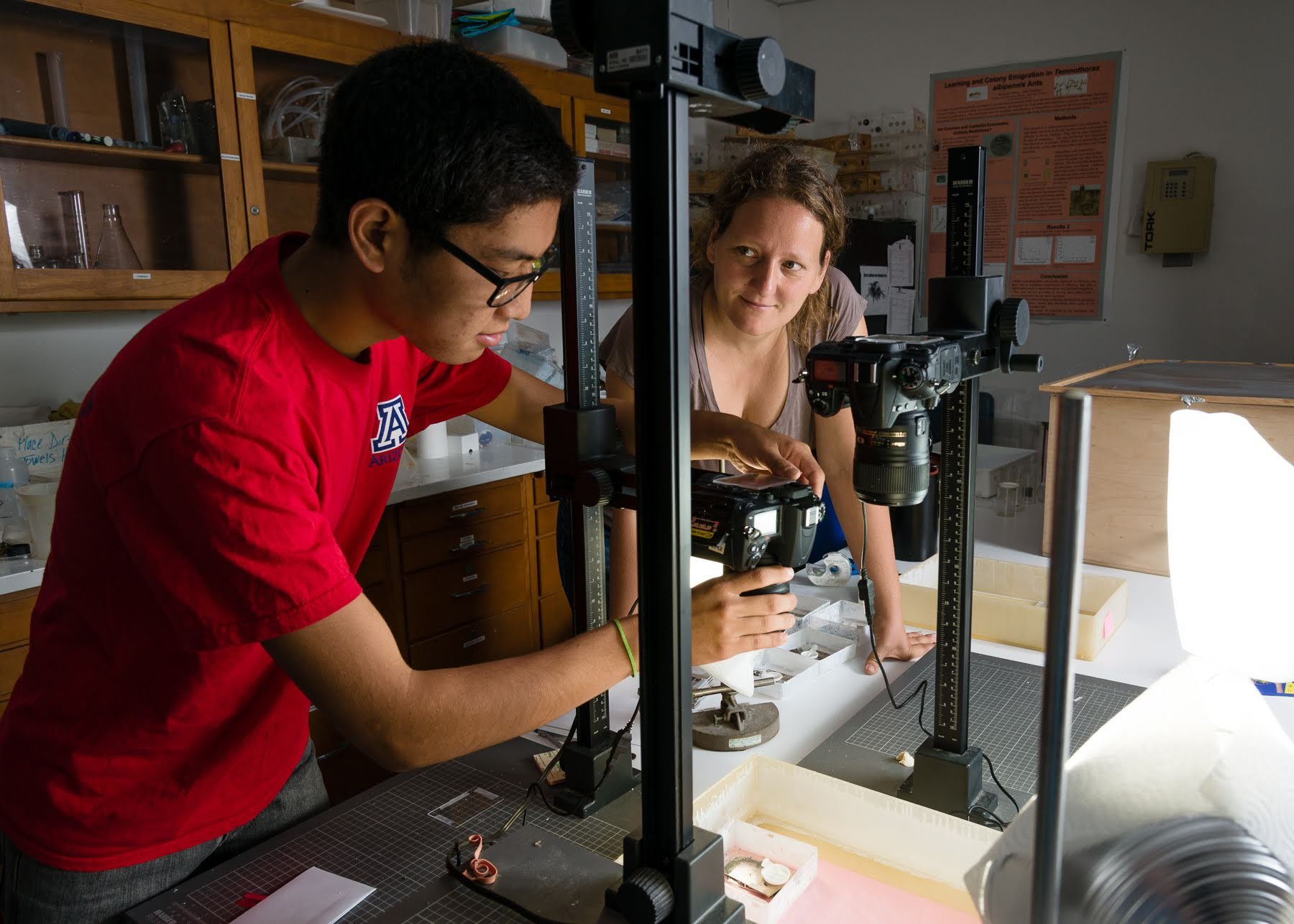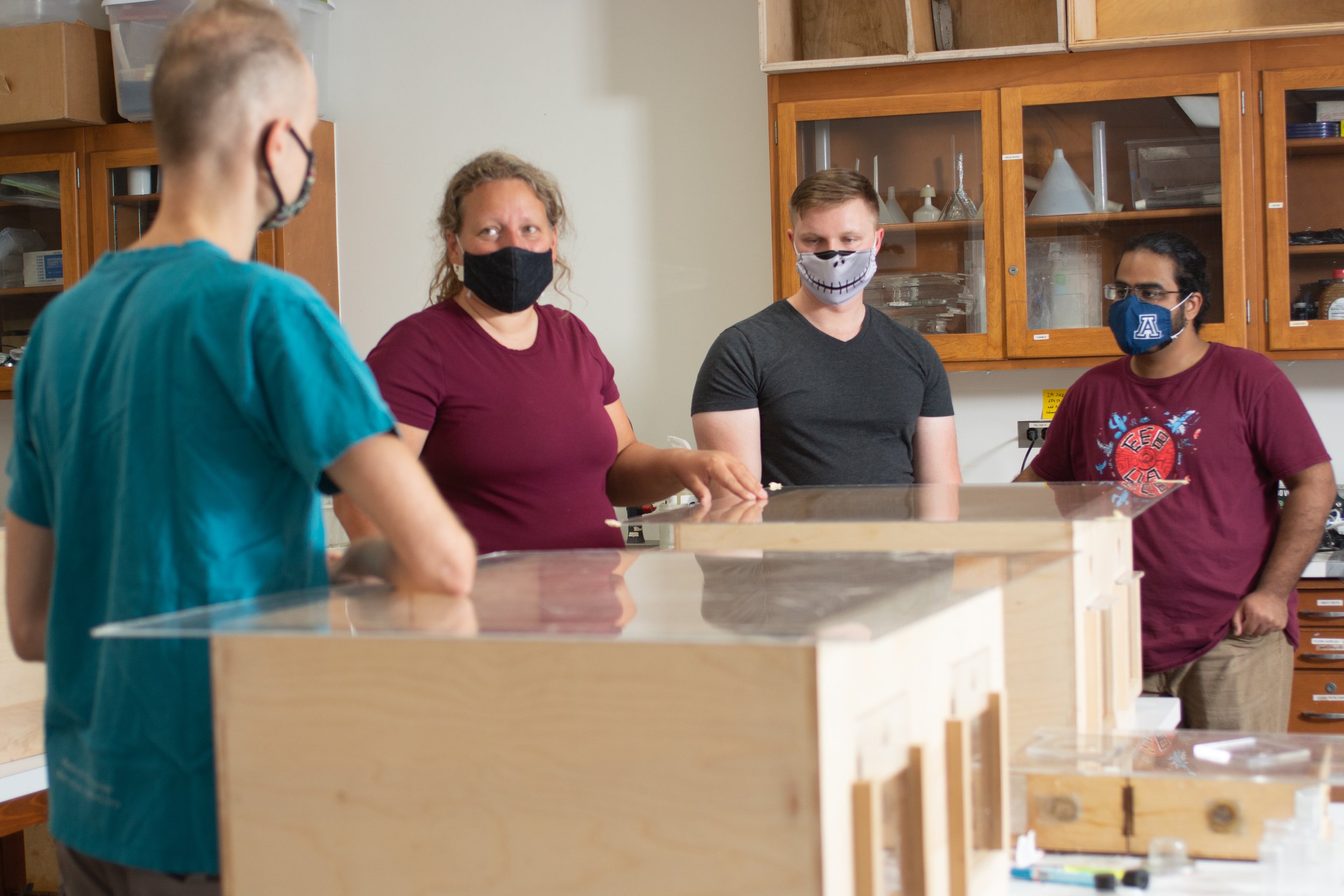Mentoring
Become more.
My primary goal in mentoring is to make you into a responsible, professional, and altruistic global citizen. That means with regard to research, I strive to give students autonomy, mastery, and purpose. I aim to give you the autonomy in shaping your research, help you master rigorous thinking that generates ground-breaking insights, and remind you of the greater purpose our efforts are serving, namely to expand the knowledge of human civilization, disseminating knowledge to the society we live in, and becoming an advocate for science and truth.
While working at my lab, you will train skills not just relevant for science, like how to conduct a project and finish it, how to communicate with your peers and mentors, work in a team, and how to stick with something through the boring parts in order to get an exciting result at the end. In doing so, I hope to help you with your career aspirations (even if they are outside of academia) and to support you as a person and keep you mentally healthy. I highly encourage you to explicitly discuss all of these items with me at any time.




